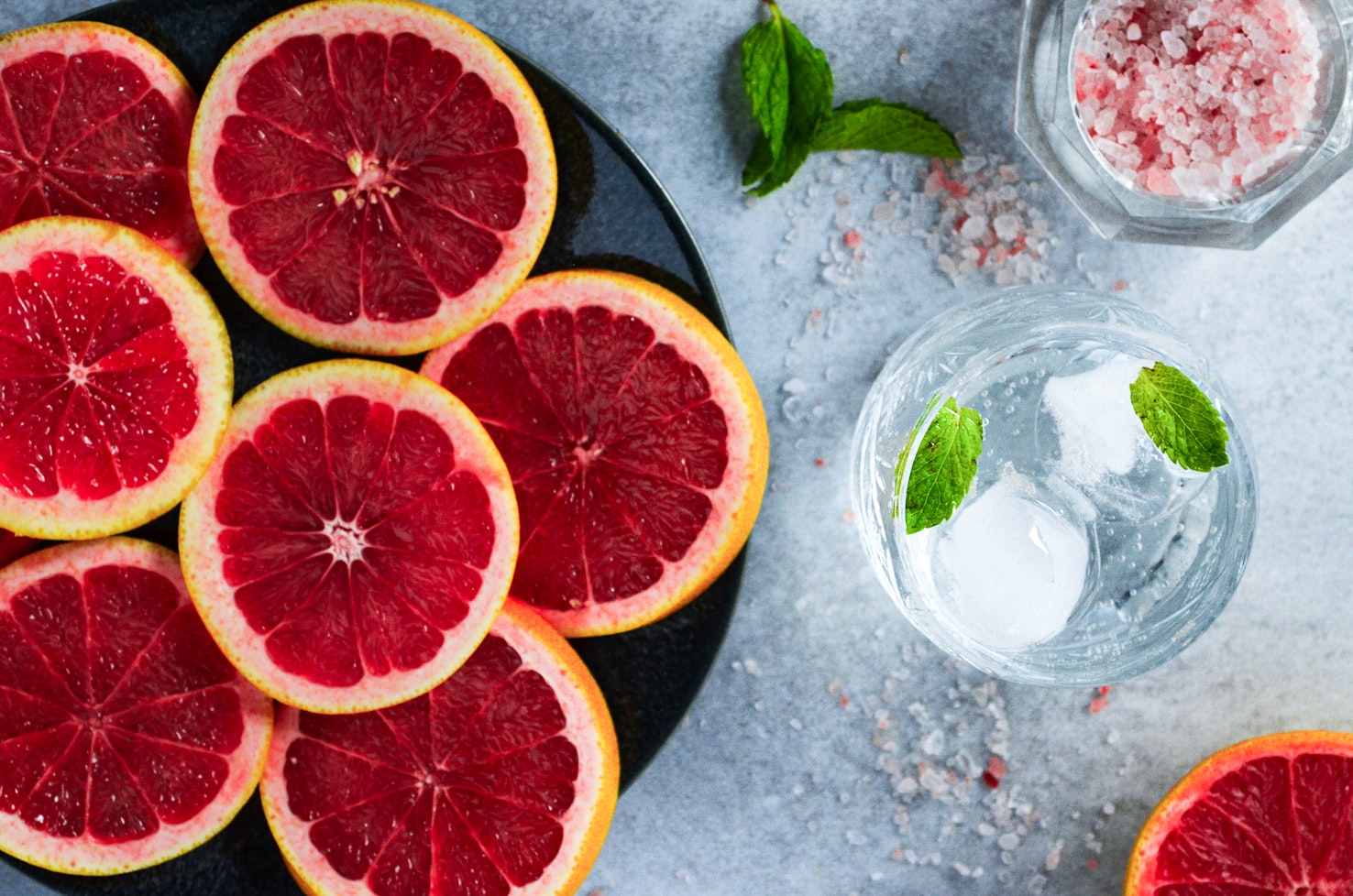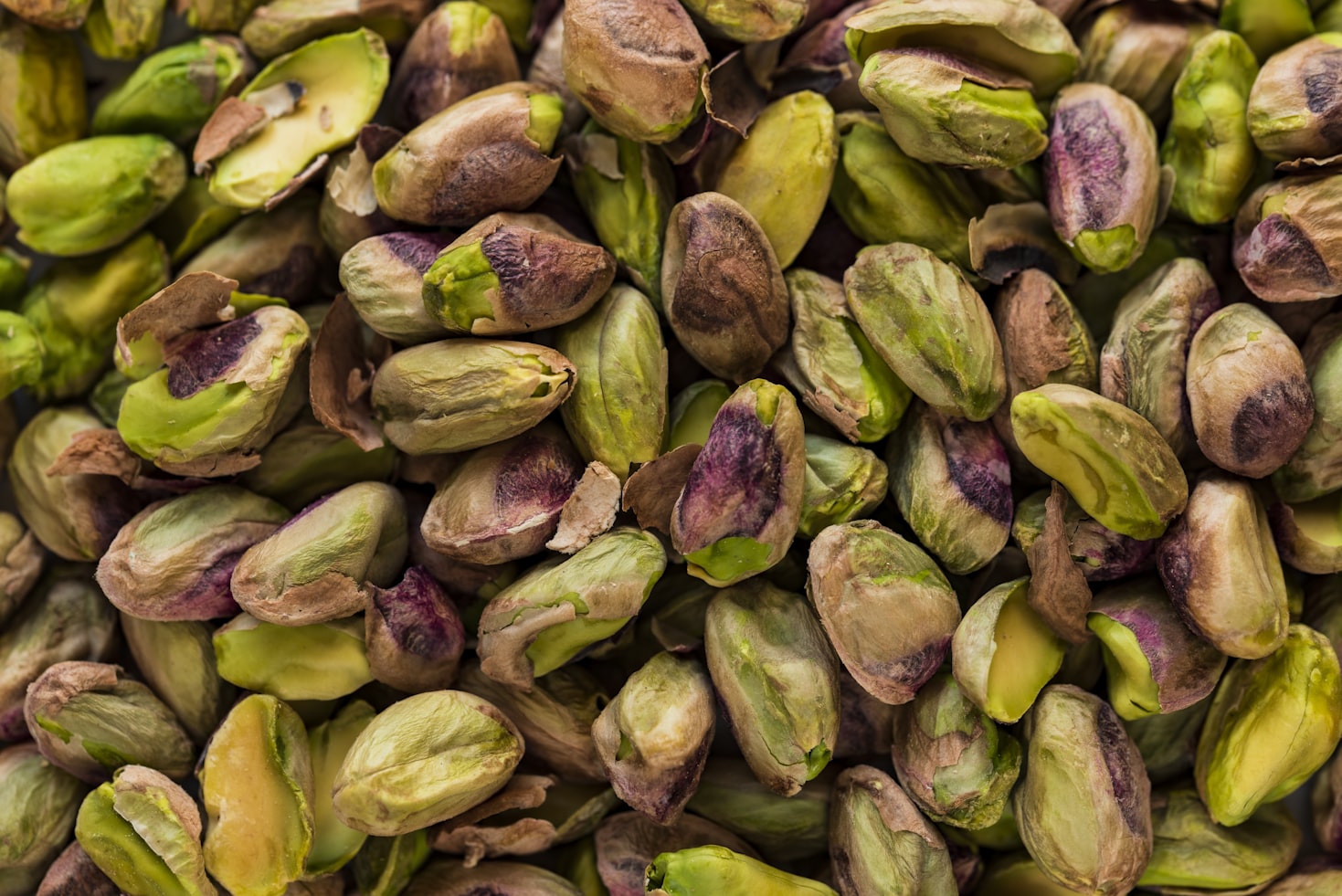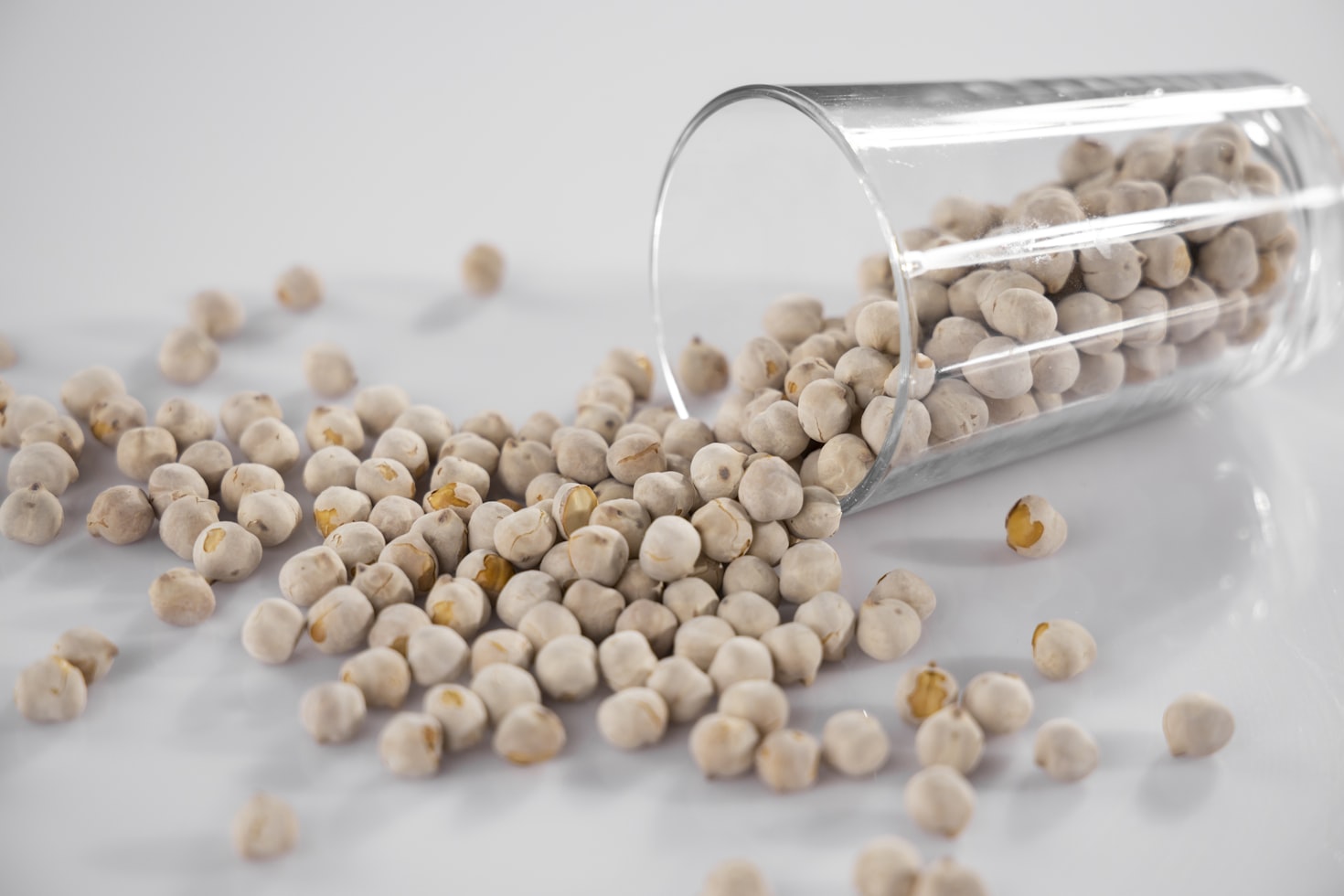Are Cranberries Keto Friendly?
Following a ketogenic diet involves consuming low-carbohydrate, high-fat foods to induce a state of ketosis in the body. This metabolic state promotes fat burning and can lead to weight loss. However, it can be challenging to determine which foods are keto-friendly, especially when it comes to fruits. One fruit that often raises questions among keto enthusiasts is cranberries. In this article, we will explore whether cranberries are keto-friendly and how they can fit into a ketogenic diet.
Understanding the Nutritional Profile of Cranberries
Before we delve into the keto-friendliness of cranberries, let’s take a closer look at their nutritional profile. Cranberries are small, tart berries that are rich in vitamins, minerals, and antioxidants. They are low in calories and fat, making them a popular choice for those looking to maintain a healthy diet.
Here is a breakdown of the macronutrients found in one cup (100 grams) of raw cranberries:
- Carbohydrates: 12 grams
- Fiber: 4 grams
- Protein: 0.4 grams
- Fat: 0.1 grams
- Calories: 46
From these numbers, it is evident that cranberries are relatively low in carbohydrates and calories. However, the carbohydrate content may still raise concerns for those following a strict ketogenic diet.
The Impact of Carbohydrates on Ketosis
One of the primary goals of a ketogenic diet is to limit carbohydrate intake to induce a state of ketosis. In this metabolic state, the body switches from using glucose as its primary fuel source to burning fat for energy. To achieve and maintain ketosis, most individuals aim to consume fewer than 50 grams of carbohydrates per day.
While cranberries do contain carbohydrates, their high fiber content can help mitigate their impact on blood sugar levels and ketosis. Fiber is a type of carbohydrate that the body cannot digest, meaning it does not contribute to the net carbohydrate count. In the case of cranberries, the 4 grams of fiber per cup can be subtracted from the total carbohydrate count, resulting in a net carb count of 8 grams.
Moreover, cranberries have a low glycemic index (GI) of 45, which indicates that they have a minimal impact on blood sugar levels. Foods with a low GI are generally considered more suitable for a ketogenic diet as they promote stable blood sugar levels and reduce the risk of insulin spikes.
Incorporating Cranberries into a Ketogenic Diet
While cranberries do contain carbohydrates, they can still be enjoyed in moderation as part of a well-rounded ketogenic diet. Here are a few ways to incorporate cranberries into your keto meal plan:
1. Fresh Cranberries
Enjoying fresh cranberries in moderation can add a burst of flavor and nutrition to your meals. They can be eaten as a snack, added to salads, or used as a topping for keto-friendly desserts. However, it is essential to keep track of your carbohydrate intake and ensure that you stay within your daily limit.
2. Unsweetened Cranberry Juice
If you prefer a liquid form of cranberries, opt for unsweetened cranberry juice. Be sure to check the label for added sugars or artificial sweeteners, as these can significantly increase the carbohydrate content. Diluting the juice with water or sparkling water can help reduce the carb count per serving.
3. Cranberry Supplements
If you find it challenging to incorporate cranberries into your diet, cranberry supplements are available in the form of capsules or powders. These supplements typically contain concentrated cranberry extract and can provide the health benefits of cranberries without the added carbohydrates.
Frequently Asked Questions (FAQ)
1. Can I eat dried cranberries on a keto diet?
Dried cranberries are often sweetened with sugar or other high-carbohydrate ingredients, making them unsuitable for a ketogenic diet. They are typically high in added sugars and have a significantly higher carbohydrate content compared to fresh cranberries.
2. Are cranberry sauces or jellies keto-friendly?
Most commercially available cranberry sauces and jellies are sweetened with sugar or high-fructose corn syrup, making them high in carbohydrates. However, you can make your own keto-friendly cranberry sauce using low-carb sweeteners or natural sugar alternatives like stevia or erythritol.
3. Can cranberries kick me out of ketosis?
While cranberries do contain carbohydrates, their impact on ketosis is minimal when consumed in moderation. The fiber content and low glycemic index of cranberries help mitigate their effect on blood sugar levels, making them a suitable choice for those following a ketogenic diet.
4. Are there any health benefits to consuming cranberries?
Absolutely! Cranberries are packed with antioxidants, vitamins, and minerals that offer numerous health benefits. They are known for their potential to prevent urinary tract infections, improve heart health, and support a healthy immune system.
5. Can I eat cranberries while on a low-carb diet?
Yes, cranberries can be enjoyed on a low-carb diet. However, it is essential to monitor your carbohydrate intake and adjust your portion sizes accordingly. Incorporating cranberries into a well-rounded, low-carb meal plan can provide a range of nutrients and add variety to your diet.
6. Are there any alternatives to cranberries for a keto-friendly fruit option?
If you are looking for keto-friendly fruit options, consider berries such as raspberries, blackberries, and strawberries. These berries are relatively low in carbohydrates and can be enjoyed in moderation on a ketogenic diet.
Summary
Cranberries can be a part of a ketogenic diet when consumed in moderation. While they do contain carbohydrates, their high fiber content and low glycemic index make them a suitable choice for those following a keto lifestyle. Fresh cranberries, unsweetened cranberry juice, and cranberry supplements can all be incorporated into a well-rounded ketogenic meal plan. However, it is essential to monitor your carbohydrate intake and adjust portion sizes accordingly. As with any dietary decision, it is always best to consult with a healthcare professional or registered dietitian to ensure that cranberries align with your specific health goals and dietary needs.






